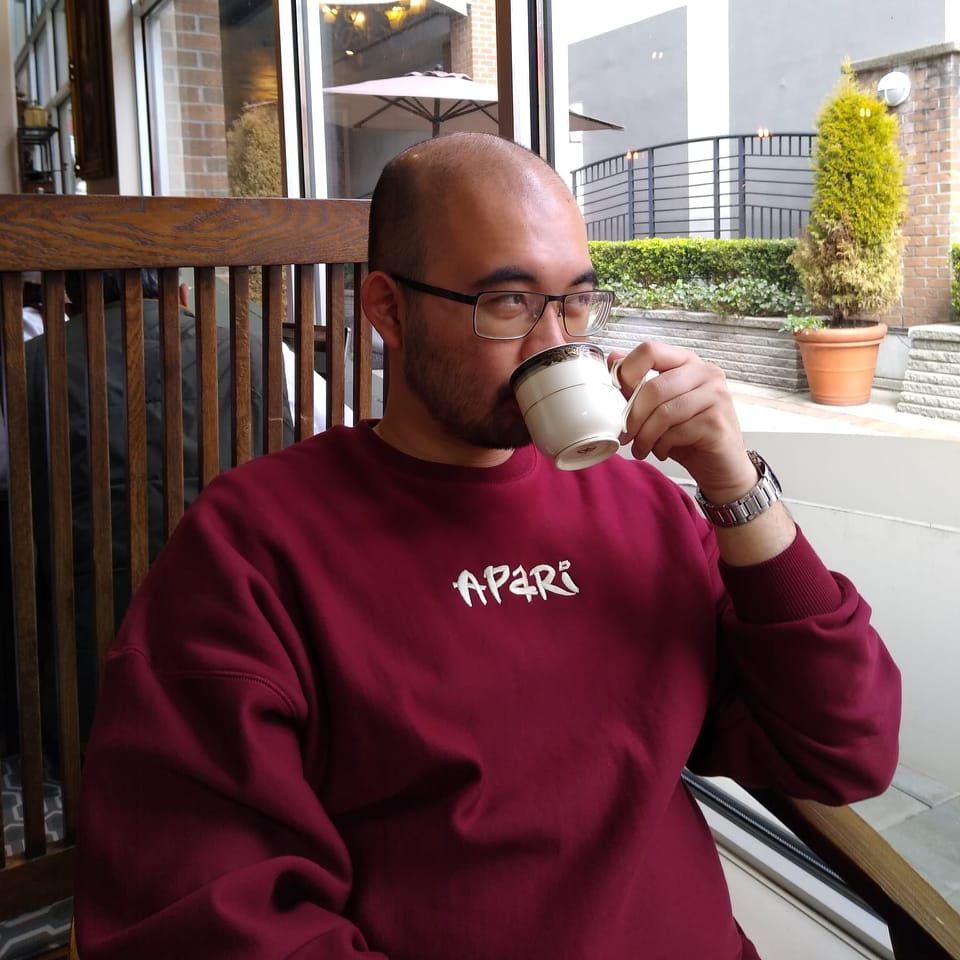Find out about the UBC Department of History’s Research Clusters
Bodies, Minds and Disabilities (2023-24)
Convener: Isabelle Avakumovic-Pointon
The Bodies, Minds, and Disabilities research cluster (BMDRC) aims to foster a multidisciplinary community of scholars who study the body, the mind, and disability.
The BMDRC’s two main goals for the 2023-2024 academic year are:
- to bring together scholars of body, mind, and disability from all disciplines; and
- to introduce historians of all fields to topics, theories, and methodologies about bodies, minds, and disabilities.
The cluster plans to accomplish these goals through a combination of community-building events, thematic discussions, and lectures by UBC and external scholars.
To be added to the mailing list or for other queries please contact Isabelle Avakumovic-Pointon at avapoint@student.ubc.ca.
Global Pre-Modern Research Cluster (2023-24)
Convener: Sara Ann Knutson
This cluster is inspired by a desire for a multidisciplinary community with shared and varied interests in global pre-modern studies. It serves as a forum for faculty, sessional and limited-term instructors, postdoctoral fellows, graduate students, and interested undergraduate students affiliated across department at UBC as well as interested participants beyond UBC. The Global Pre-Modern research cluster conceives of ‘pre-modern’ as global in its geographic breadth and flexibly ranging in its temporal scope from ancient times up to 1800. The group embraces a plurality of perspectives to the past and the evidence used to study the past, including textual, material, oral, and visual sources. The cluster meets primarily to hear talks and discuss papers by presenters from various departments (including Asian Studies, CENES, AMNE, Economics, English, FHIS, History, I School, Music, Anthropology and Philosophy) and from invited speakers.
To be added to the mailing list or other queries please contact Sara Ann Knutson at sa.knutson@ubc.ca

One of the cluster aims is to further deploy what Taiwanese scholar Chen Kuan-hsing termed ‘Asia as Method’ through an ‘inter-Asia referencing’ that emphasizes overlapping local and regional connections, centering ‘Asia’ as the point of reference. As such, we are interested in research that adopts unique approaches and methodologies relevant to the study of colonialisms, imperialisms,